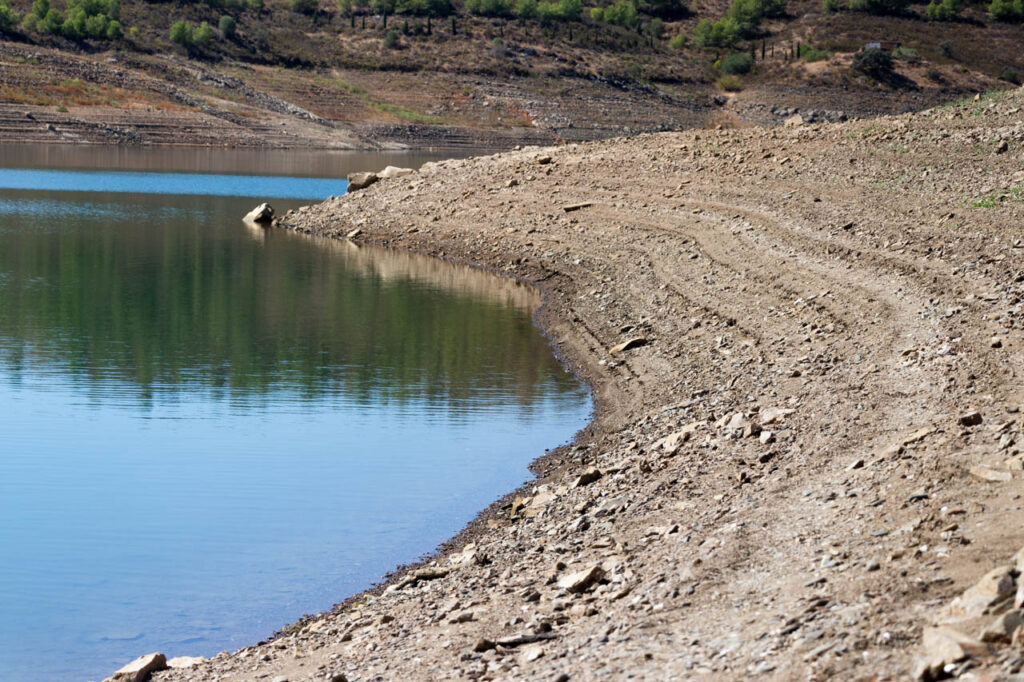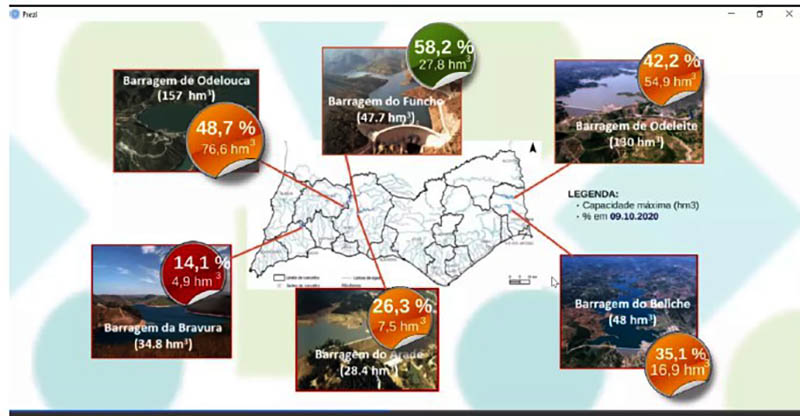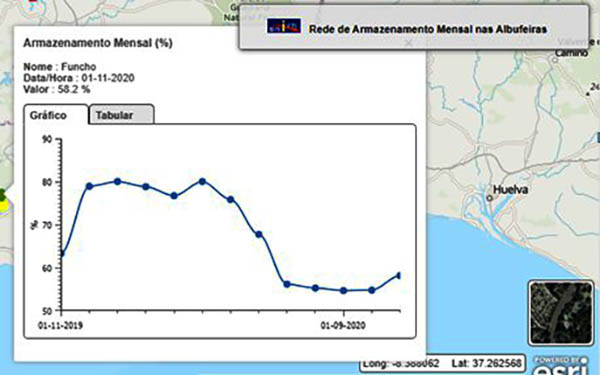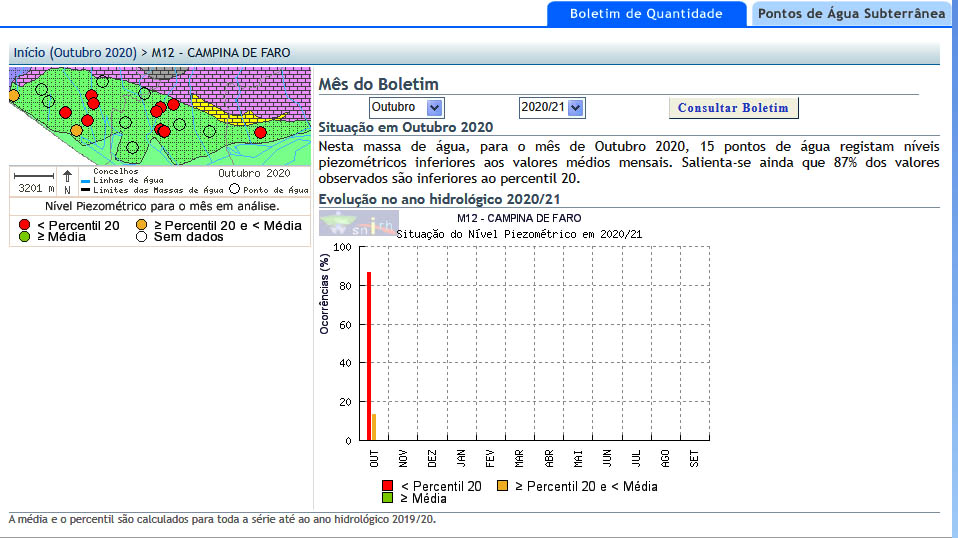In the middle of the last century, Manuel Gomes Guerreiro, 1st rector of the University of Algarve, stated that the water that fell into the Algarve “does not find vegetation capable of sustaining it, nor does the soil have sufficient thickness or organic matter content to compel a percentage of this seeping water”, which anticipated problems related to the use of water.
The increase in temperature and the decrease in rainfall, caused by climate change, confirm this prediction and indicate that the situation will worsen.
But it wasn't just the climate that changed: water consumption increased a lot.
However, the issue of lack, or not lack, of water is neither linear nor intelligible to many citizens, because there is a lack of water in the dams, in some catchment holes and others, along the coast, there is already salt water, but there is no shortage of water. water in taps or in agricultural irrigation systems.
And, when it rains, little or in torrents, some people think that the problem is about to be solved.
Therefore, it is urgent to disseminate objective but accessible information.
How much water do we have?
The water we use comes from underground (captured in aquifer by borehole), superficial (from a dam distributed by the Águas do Algarve network) and, in a negligible amount, in water reused.
In recent years, there have been moderate or severe droughts. In November, in the dams, with the exception of Funcho, the level is low, or very low (Figure 1); even in Fennel the quota is lower than last year (Figure 2).
Figure 1
Figure 2
Aquifers, with the exception of Tavira, are below the 20th percentile:
Figure 3 - Source SNIRH
How much water do we consume and in what?
According to information released by the Regional Hydrographic Administration of the Algarve, per year we consume around 230 hm3 of water, from the network and from boreholes.
>Of this total, 56,8% is for agriculture; 33,9% for urban consumption; 6,4 for golf; 2,9 for various areas, including industry.
>30% of the water distributed in municipal networks is lost.
>74% of the water used in agriculture comes from underground sources.
>94% of the public supply is of superficial origin.
>Golf uses groundwater and some, little, reused water.
>Barlavento uses more groundwater and Sotavento uses more surface water, which influences the water reserves of aquifers and dams in these areas.
Some facts emerge from these data:
>Rainfall does not allow for an increase in water consumption.
>The water that is lost in the networks is very significant.
>The big consumer of water is the irrigated agriculture sector.
What solutions are being considered? By whom?
The Intermunicipal Community of Algarve/AMAL, with contributions from civil society, prepared the Intermunicipal Plan for Adaptation to Climate Change (PIAAC).
If climate change does not hit the worst-case scenario, water scarcity can only be addressed through “Improve current policies”, “Implement water retention techniques” and “Reuse wastewater”.
The Ministries of Environment and Agriculture subsequently published the Algarve Regional Water Efficiency Plan (PREHA); they created a commission to assess the feasibility of new dams, diversion or desalination, solutions that require investment, have environmental impacts and take time to materialize.
For some entities, public and private, the problem has been placed in a purely economic perspective.
There are pressure groups for certain solutions to be approved.
The citizen, despite the fact that water is an essential good, has walked away, or was removed from this process.
Very recently, citizens' associations and movements, A Rocha, Água é Vida, Almargem, CIVIS, Faro 1540, Glocal Faro, Quercus and Regenerarte joined in the Sustainable Water Platform-PAS, to develop common work towards sustainable solutions. They also demand that regional and national entities have them as full partners in this process.
We all have our say!
Water is not only an essential good for man, it is one for all living beings. If ecosystems collapse, even human life, at the limit, could disappear.
Author: Rosa Guedes has a degree in Philosophy and a member of Glocal Faro
glocalfaro@ Gmail.com
https://www.facebook.com/glocal.faro/






















Comments